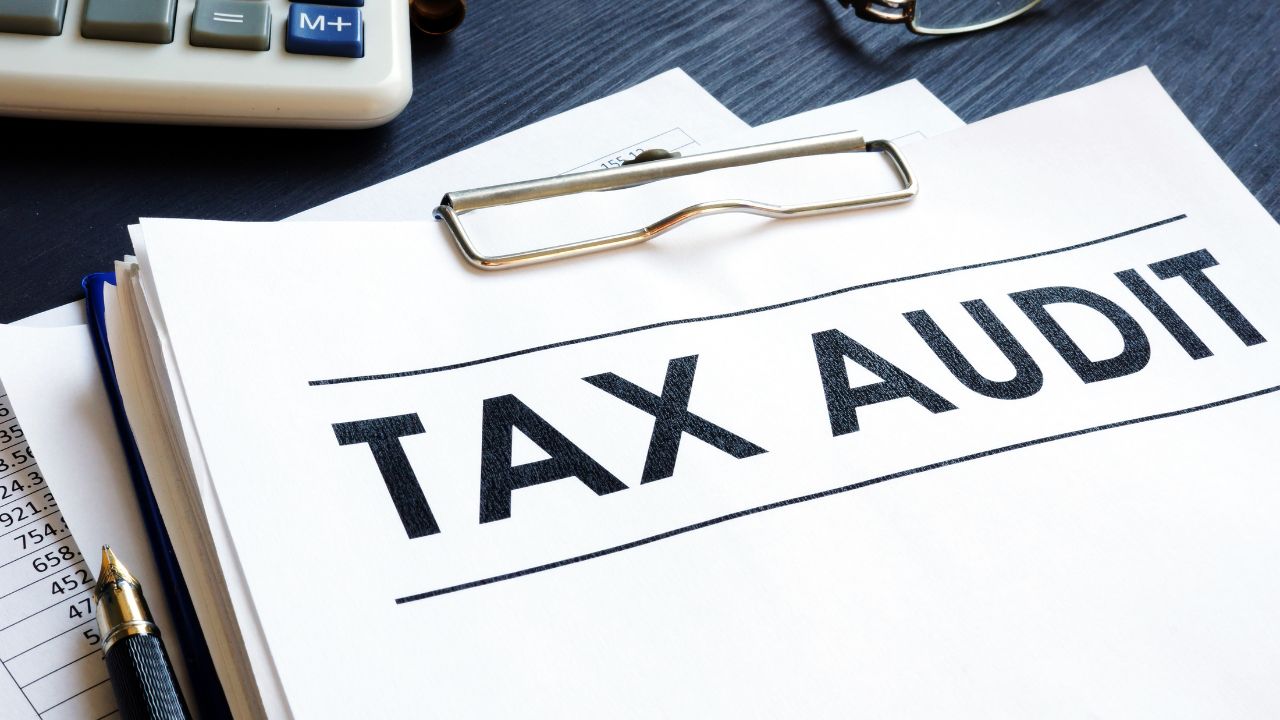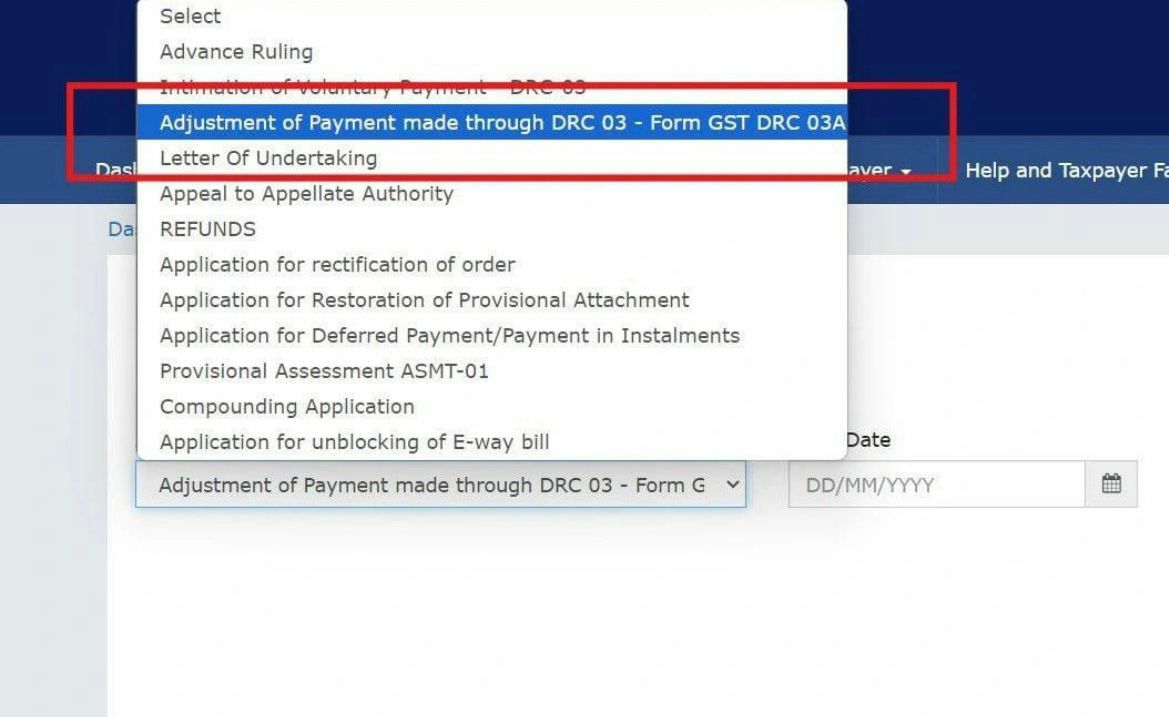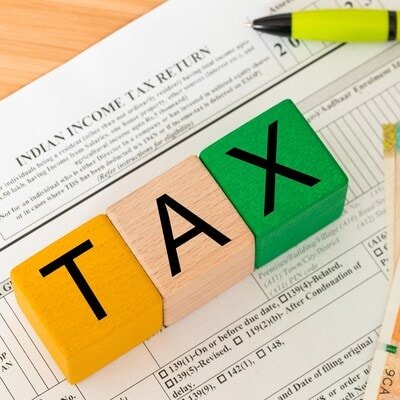Tax Audit:
Tax audit is a process in which the accounts and financial statements of a taxpayer are thoroughly examined and verified by a chartered accountant (CA). The purpose of a tax audit is to ensure that the taxpayer’s financial records are accurate, complete, and in compliance with the provisions of the Income Tax Act, 1961.
Tax Audit Limits:
Section 44AB define the rules about Tax Audit
Tax audit is mandatory for certain taxpayers if their total turnover or gross receipts exceed the prescribed limits. The limits for tax audit are as follows:
Every person, carrying on business shall, if his total sales/turnover/gross receipts exceed1 crore rupees in any previous year :
Provided that in the case of a person whose—
(a) aggregate of all amounts received including amount received for sales, turnover or gross receipts during the previous year, in cash, does not exceed five per cent of the said amount; and
(b) aggregate of all payments made including amount incurred for expenditure, in cash, during the previous year does not exceed five per cent of the said payment,
this clause shall have effect as if for the words “one crore rupees”, the words” 10 crore rupees” had been substituted
Important point: for the purposes of this clause, the payment or receipt, as the case may be, by a cheque drawn on a bank or by a bank draft, which is not account payee, shall be deemed to be the payment or receipt, as the case may be, in cash
If the gross receipts exceed Rs. 50 lakhs in a financial year.
If any persons who opted for Presumptive Taxation and what to declare his income below the limits specified u/s 44AD, 44ADA
When Tax Audit not applicable:
Provisions of Section 44AB shall not apply to the person, who declares profits and gains for the previous year in accordance with the provisions of sub-section (1) of section 44AD or sub-section (1) of section 44ADA and his total sales, turnover or gross receipts, as the case may be.
Section 44AD and 44ADA – new limits are notified by Finance Act 2023
Click to know new limits of Section 44ADA
Tax Audit Last Date:
The due date for filing the tax audit report is September 30th of the assessment year. The assessment year is the year immediately following the financial year for which the audit is conducted.
Tax Audit Penalty Provisions:
If a taxpayer is required to get a tax audit done and fails to do so, or if the tax audit report contains any discrepancies or misreporting, penalties can be levied under different sections of the Income Tax Act:
- Section 271B: If a taxpayer required to get a tax audit done fails to do so, a penalty of 0.5% of the total turnover or gross receipts, or Rs. 1,50,000 (whichever is lower), can be imposed.
- Section 271A: If a taxpayer fails to submit the tax audit report within the due date, a penalty of Rs. 1,50,000 or 0.5% of the total turnover or gross receipts (whichever is less) can be imposed.
- Section 271(1)(c): If the tax audit report contains incorrect information or discrepancies that lead to underreporting of income, a penalty of 100% to 300% of the tax sought to be evaded can be levied.
Important to note that as per section 44AD (4): Where an eligible assessee declares profit for any previous year in accordance with the provisions of this section and he declares profit for any of the 5 assessment years relevant to the previous year succeeding such previous year not in accordance with the provisions of sub-section (1) of Section 44AD, he shall not be eligible to claim the benefit of the provisions of this section for five assessment years subsequent to the assessment year relevant to the previous year in which the profit has not been declared in accordance with the provisions of sub-section (1). In Brief: Five Successive Assessment Years: Section 44AD(4) comes into play when the eligible assessee declares their profit for any of the 5 assessment years succeeding the previous year (for which they opted for presumptive taxation under Section 44AD) in a manner that doesn't comply with the provisions of sub-section (1) of Section 44AD. Loss of Eligibility for Benefit: If the eligible assessee declares profit for any of these 5 assessment years in a manner that doesn't adhere to the provisions of sub-section (1) of Section 44AD, they will lose the eligibility to claim the benefits provided under Section 44AD for the next 5 assessment years following the assessment year relevant to the previous year in which the non-compliant declaration was made.
Tax Audit Forms
Tax audit reports are submitted by Chartered Accountants (CAs) in India using specific forms prescribed by the Income Tax Department. The forms are designated as Form Nos. 3CA, 3CB, and 3CD. These forms are used to furnish the audit report, details of audit, and other relevant information to the tax authorities.
Here’s an explanation of these forms:
Form 3CA: This form is applicable to cases where the taxpayer is already required to get their accounts audited under any other law other than 44AB. (Applicable for companies)
Form 3CB: This form is applicable to cases where the taxpayer is required to get their accounts audited under Section 44AB.
Form 3CD: This is the statement of particulars required to be furnished along with either Form 3CA or Form 3CB. It provides detailed information about the taxpayer’s financial statements, accounting policies, and other relevant details that need to be disclosed as part of the tax audit.











